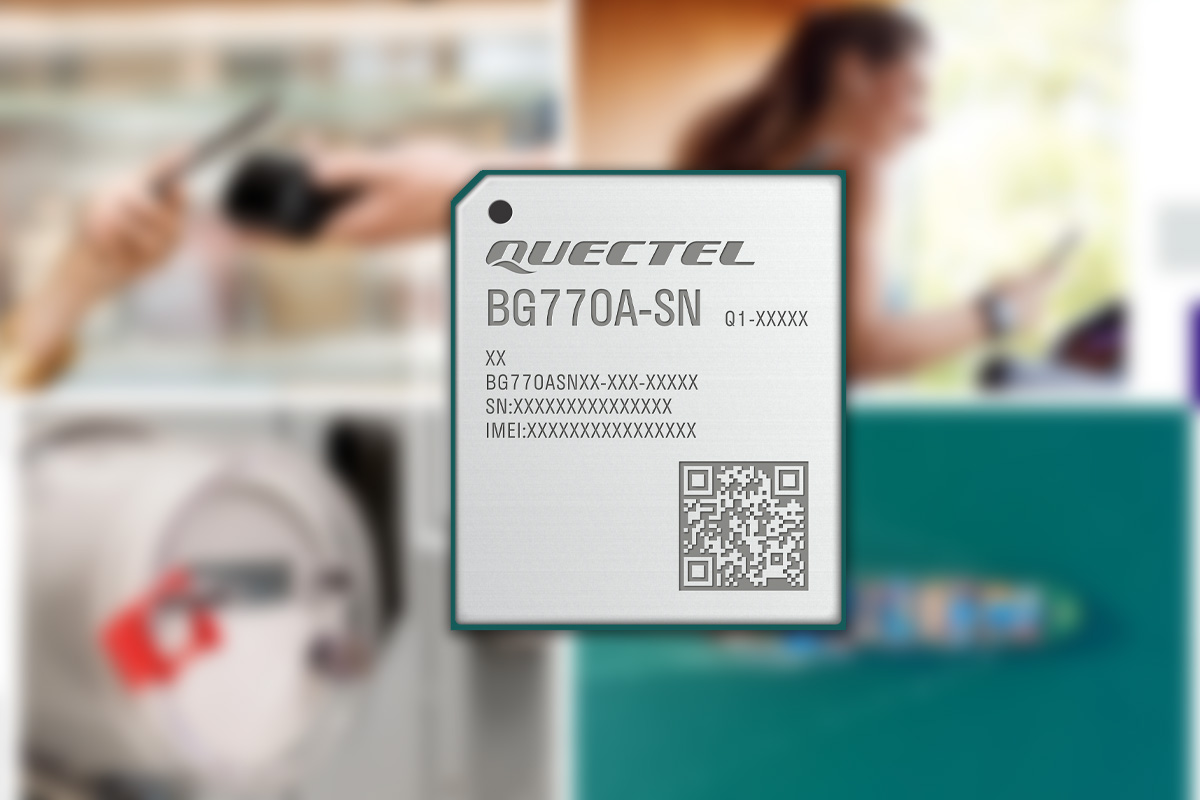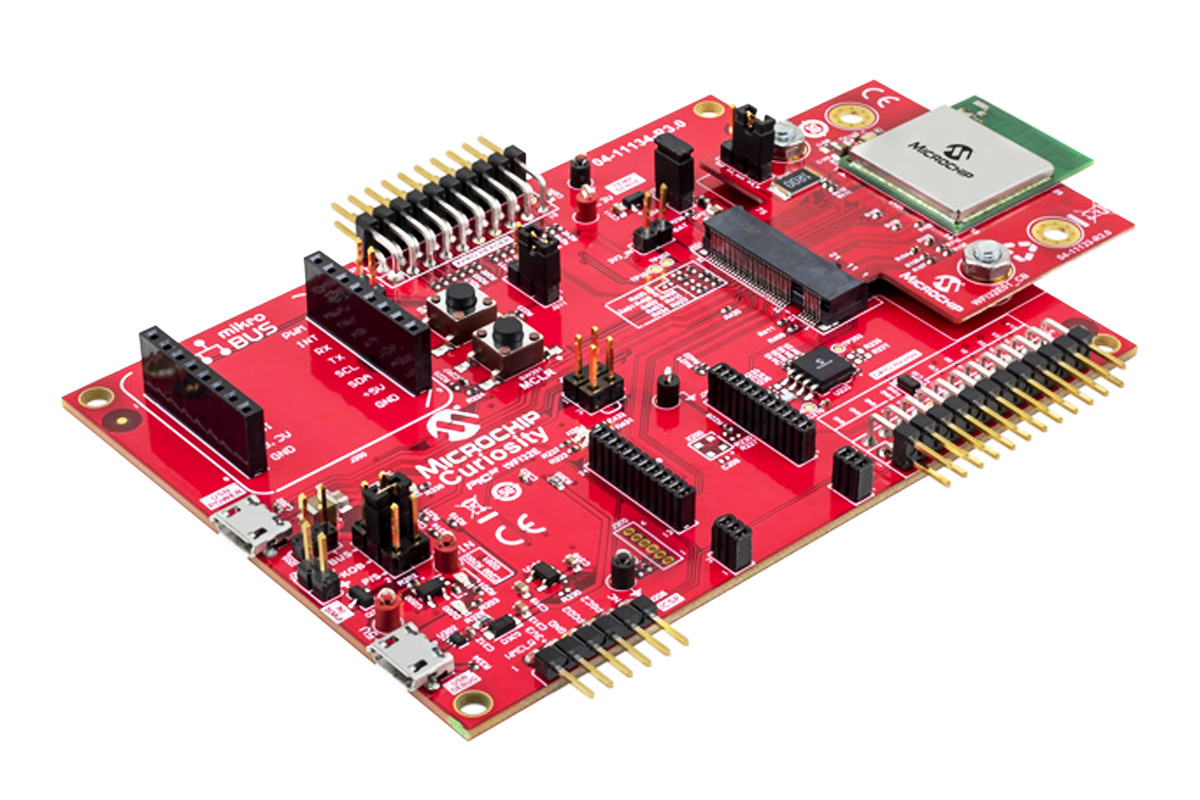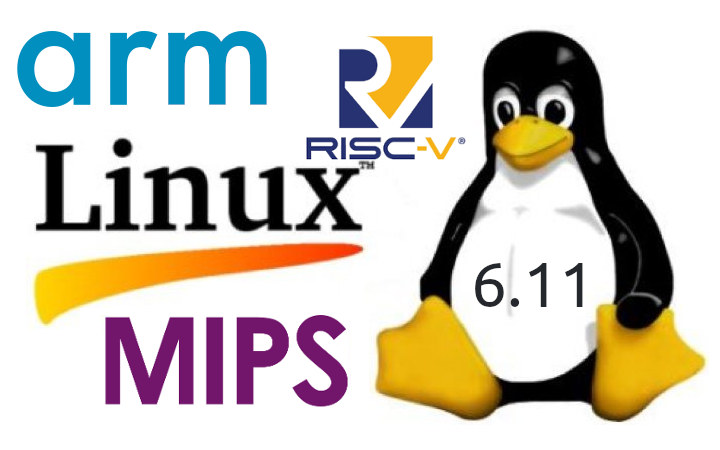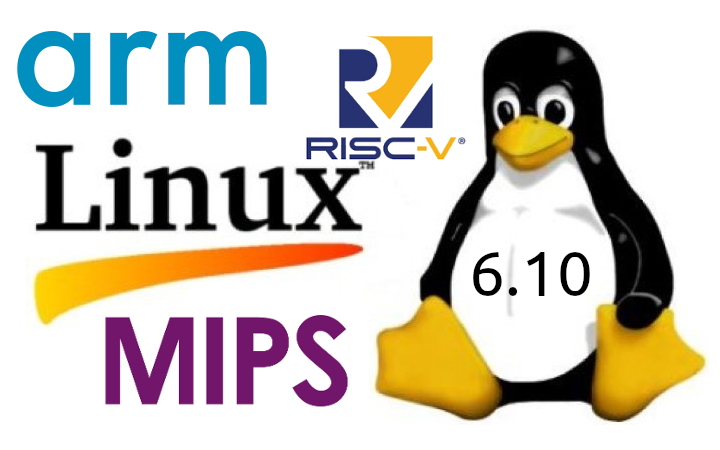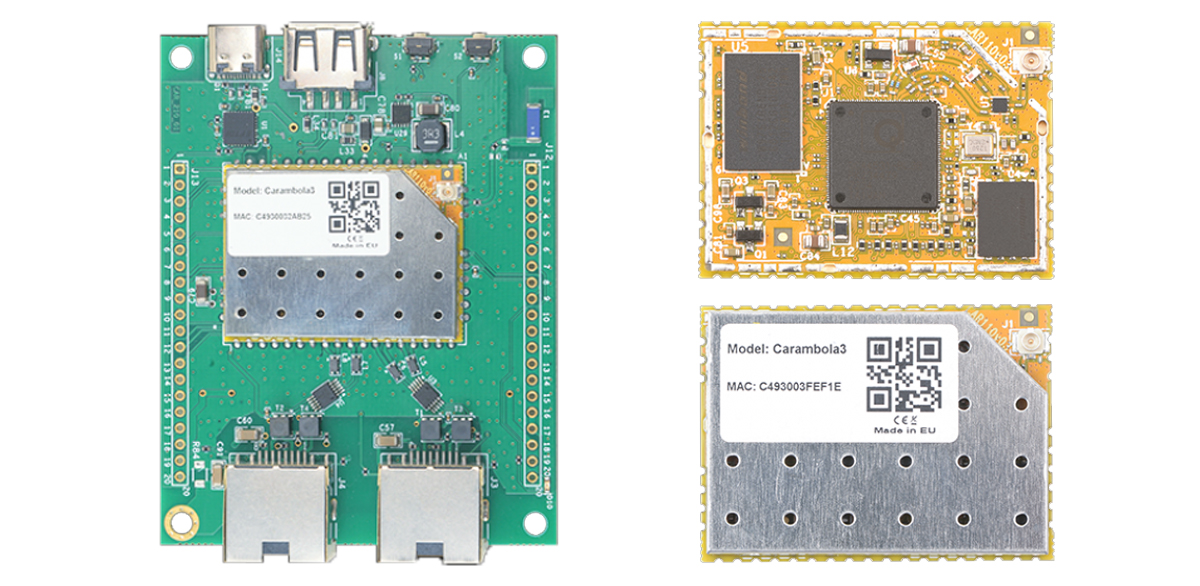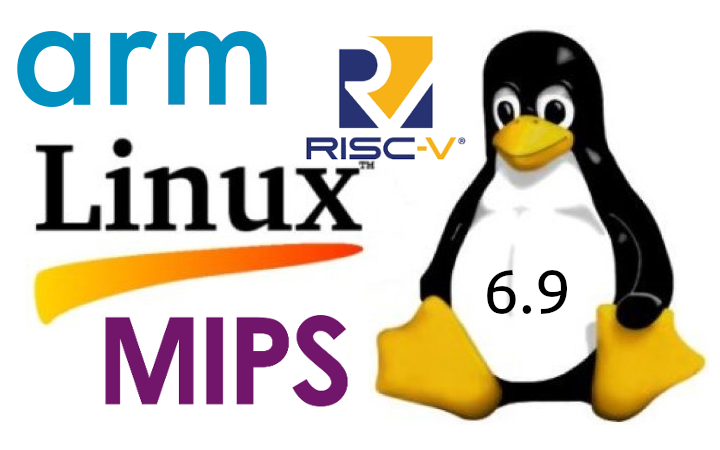MIPS first unveiled the MIPS P8700 series IP along with the I8500 multiprocessor IP cores in 2022, and the company has now announced the general availability of the P8700 64-bit RISC-V core. Built for Advanced Driver Assistance Systems (ADAS), ML, and software-based automotive applications, the MIPS P8700 Multiprocessing System (MPS) scales up to 64 heterogeneous clusters of out-of-order, multi-threaded multi-core MIPS CPUs. P8700 series RISC-V processor’s RISC-V architecture The P8700 is MIPS’ first RISC-V IP. It implements the RISC-V RV64GCZba_Zbb instruction set architecture. It allows the MPS to execute atomic operations, single-precision, and double-precision floating-point operations and incorporates bit manipulation extensions, which streamline data processing tasks. This capability with compressed instructions through the RISC-V C extension (RVC) allows for out-of-order multi-threading. P8700 series’ out-of-order multi-threading and heterogeneous clustering Out-of-order multi-threading simply means that the MPS processes multiple instructions simultaneously without following an order. Hence, the MPS can process even co-dependent […]
Quectel BG770A-SN industrial IoT module offers 5G, NB-IoT, and NTN satellite connectivity
Quectel has recently released the BG770A-SN industrial IoT module which comes in an ultra-compact form factor and supports both NTN and TN and features GNSS for positioning functionality. This 5G-ready module also supports iSIM and utilizes the GEO satellite constellation for worldwide coverage. Additionally, the module offers integrated security elements (ISE) and can operate in between the industrial temperature range of -40°C to +85°C. Previously we have written about the Quectel BG95-S5 5G NTN + LTE IoT module which supports NTN satellite (L-band and S-band) plus LTE Cat M1, Cat NB2, and eGPRS as fallback options, designed for applications where continuous connectivity is critical. We have also written about the Quectel CC660D-LS IoT-NTN module, which is an IoT NTN module designed specifically for Skylo’s satellite network. The new BG770A-SN module is a little different from the previous two because it supports LTE Cat M1, LTE Cat NB1/NB2, and NTN over […]
Microchip PIC32MZ-W1 is a 32-bit MIPS WiFi MCU with 60+ GPIO, USB, CAN Bus, Ethernet, and more
Microchip recently released the PIC32MZ-W1 wireless MCU along with 20 other WiFi parts, including WiFi MCUs, link controllers, network controllers, and plug-and-play modules. Among them, the PIC32MZ-W1 wireless MCU is the most interesting because of its 32-bit MIPS microAptiv M-class core running at up to 200MHz, advanced hardware security features, and integrated Microchip Trust Platform for secure cloud authentication. Over the years ESP32 MCUs have become the go-to choice for wireless applications. Still, one problem we always have with ESP32 SoCs is their limited GPIO option due to their strapped-out pin structures. But this new MCU has over 60 GPIO pins to work with along with Ethernet MAC, USB, CAN Bus, CANFD, SPI, I2C, SQI, UART, ADC, JTAG, and more. PIC32MZ-W1 wireless MCU specifications MCU MIPS32 M-Class core clocked at 200 MHz 16KB I-Cache, 16KB D-Cache microMIPS mode (up to 35% smaller code size) DSP extensions (4x 64-bit accumulators, single-cycle […]
Linux 6.11 Release – Notable changes, Arm, RISC-V and MIPS architectures
Linux 6.11 is out with Linus Torvalds’ announcement on the Linux kernel mailing list (LKML): I’m once again on the road and not in my normal timezone, but it’s Sunday afternoon here in Vienna, and 6.11 is out. The last week was actually pretty quiet and calm, which is nice to see. The shortlog is below for anybody who wants to look at the details, but it really isn’t very many patches, and the patches are all pretty small. Nothing in particular stands out – the biggest patch in here is for Hyper-V Confidential Computing documentation. Anyway, with this, the merge window will obviously open tomorrow, and I already have 40+ pull requests pending. That said, exactly _because_ I’m on the road, it will probably be a fairly slow start to the merge window, since not only am I on my laptop, there’s OSS Europe starting tomorrow and then the […]
Linux 6.10 Release – Notable changes, Arm, RISC-V, and MIPS architectures
Linux Torvalds has announced the release of Linux 6.10 on LKML: So the final week was perhaps not quote as quiet as the preceding ones, which I don’t love – but it also wasn’t noisy enough to warrant an extra rc. And much of the noise this last week was bcachefs again (with netfs a close second), so it was all pretty compartmentalized. In fact, about a third of the patch for the last week was filesystem-related (there were also some btrfs latency fixes and other noise), which is unusual, but none of it looks particularly scary. Another third was drivers, and the rest is “random”. Anyway, this obviously means that the merge window for 6.11 opens up tomorrow. Let’s see how that goes, with much of Europe probably making ready for summer vacation. And the shortlog below is – as always – just the last week, not some kind […]
WisGate Soho Pro RAK7267 LoRaWAN gateway supports LTE Cat 1 and WiFi 4 connectivity, solar battery kits
Designed for both indoor and outdoor deployments, RAKwireless’ WisGate Soho Pro RAK7267 is an 8-channel LoRaWAN gateway with LTE Cat 1 and WiFi 4 connectivity and support for 9V-36V DC input compatible with the company for solar battery kits. The LoRaWAN gateway is based on the MediaTek MT7628 MIPS processor with 256MB RAM and 32MB flash, runs a fork of OpenWrt with a dashboard for configuration, and integrates with WisDM cloud-based IoT management platform. WisGate Soho Pro RAK7267 specifications: SoC – MediaTek MT7628 MIPS processor at 580MHz System Memory – 256MB RAM Storage – 32MB NOR flash, microSD card socket LoRaWAN connectivity to sensors Semtech SX1303 LoRa Concentrator for up to 8 channels Frequencies 868 MHz – EU868/ IN865/ RU864 9150 MHz – US915/ AU915/ KR920/ AS923 Rx Sensitivity – At least -139 dBm Tx Power – Up to 27 dBm LoRaWAN v1.0.3 LoRa Frame filtering (node whitelisting) Buffering of […]
8devices Carambola 3 WiFi IoT module supports upstream OpenWrt, industrial temperature range
8devices Carambola 3 is a compact System On Module (SoM) built around the Qualcomm QCA4531 WiFi 4 chipset. The module comes in two variants – the Carambola3 for commercial applications (0 to +65°C) and the Carambola3-I for industrial environments (-40 to +85°C). Additionally, 8devices offers a development kit with integrated features like a 2.4 GHz chip antenna, dual LAN ports, USB, GPIO, and much more. Notably, the development kit also supports OpenWrt Upstream, making it ideal for IoT, industrial automation, and smart home projects. The Carambola3 is a pin-to-pin compatible module with the Carambola2, but with a faster processor, more memory, and lower power consumption while the original Carambola was discontinued due to its older technology. 8devices has been developing and selling Wi-Fi modules such as the Rambutan Atheros module, Komikan 802.11ac Wave 2 Module, and recently announced Noni M.2 WiFi 7 module feel free to check those out if […]
Linux 6.9 release – Main changes, Arm, RISC-V, and MIPS architectures
Linus Torvalds has just announced the release of Linux 6.9 on LKML: So Thorsten is still reporting a few regression fixes that haven’t made it to me yet, but none of them look big or worrisome enough to delay the release for another week. We’ll have to backport them when they get resolved and hit upstream. So 6.9 is now out, and last week has looked quite stable (and the whole release has felt pretty normal). Below is the shortlog for the last week, with the changes mostly being dominated by some driver updates (gpu and networking being the big ones, but “big” is still pretty small, and there’s various other driver noise in there too). Outside of drivers, it’s some filesystem fixes (bcachefs still stands out, but ksmbd shows up too), some late selftest fixes, and some core networking fixes. And I now have a more powerful arm64 machine […]



